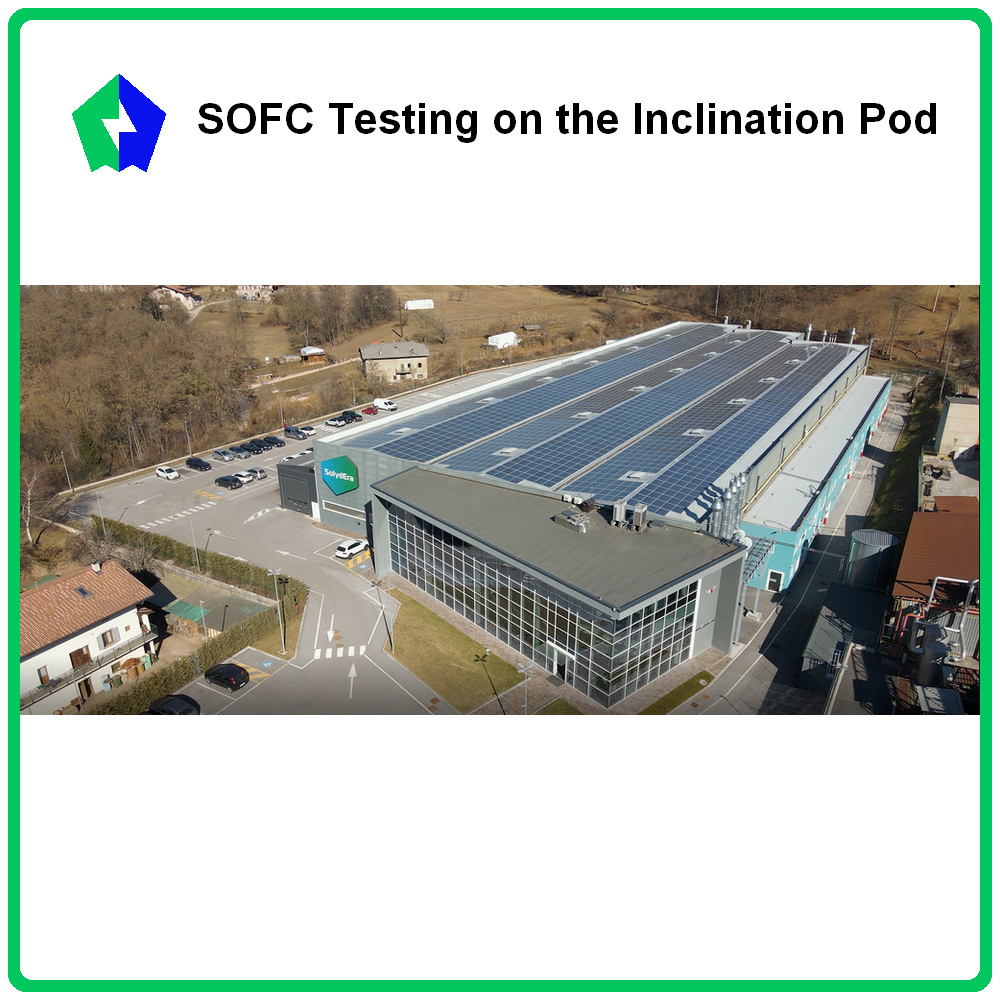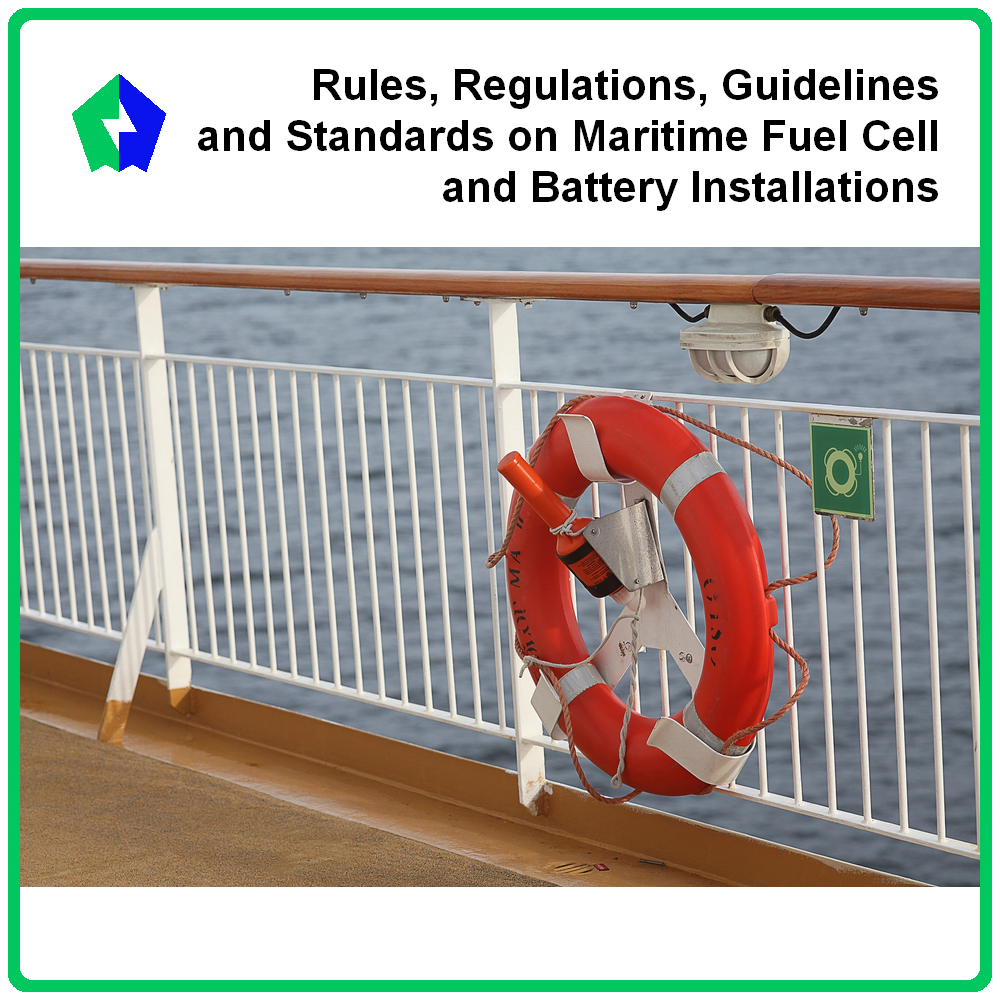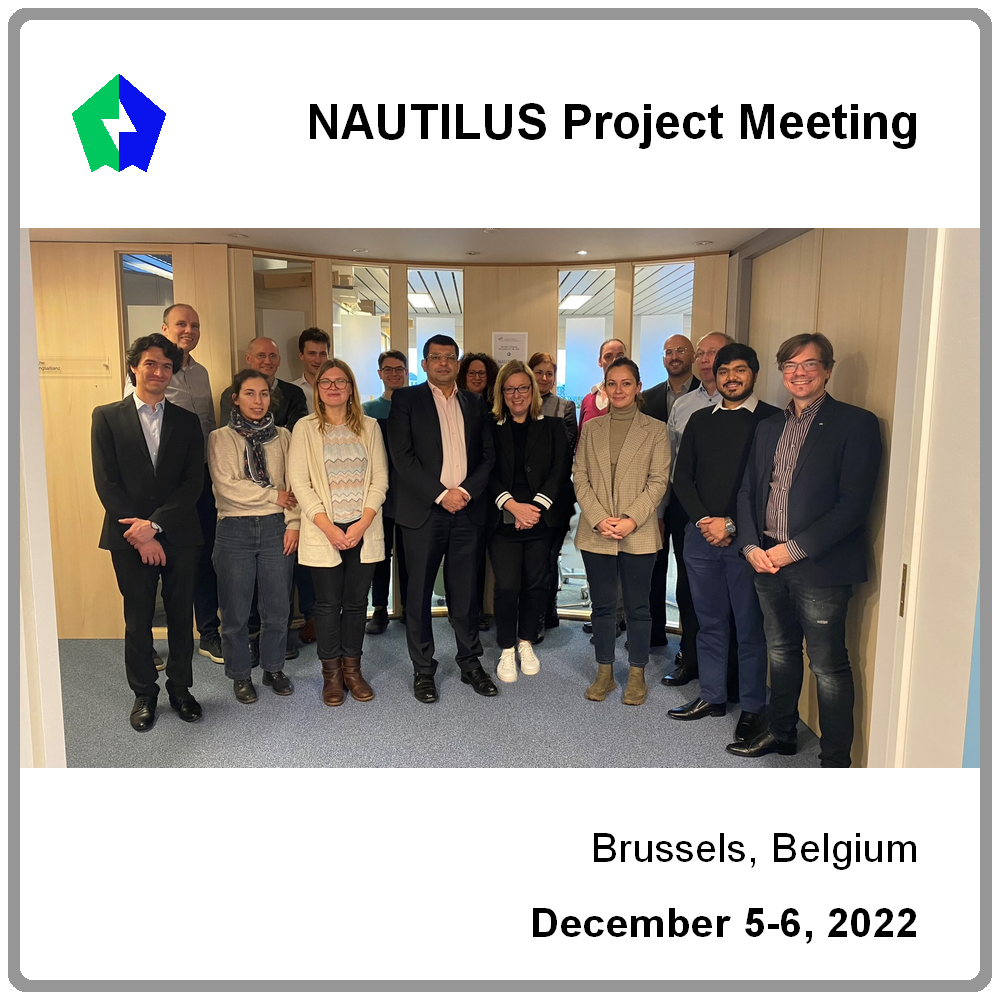Dr. Asif Ansar, from the Institute of Engineering Thermodynamics, DLR - German Aerospace Center, will give a speech at the Technical Forum Hydrogen + Fuel Cells EUROPE 2023 (17th April – 21st April 2023) Hall 13, Stand B51, Germany.
On the way to zero-emission shipping, a fuel cell application is a promising solution. In comparison to stationary applications, fuel cells installed onboard are heavily affected by cruise ship movements and inclinations.
The maritime industry and the classification of ships is nowadays a highly regulated area assuring high standards and safety for transported goods, crew and passengers.
The EU-funded H2020 project NAUTILUS held its eighth project meeting as a hybrid event, both online and in-person in Brussels, Belgium, on the 5th and 6th of December 2022.




